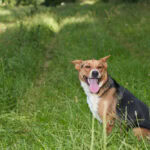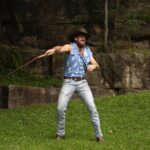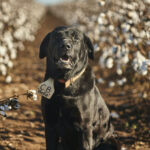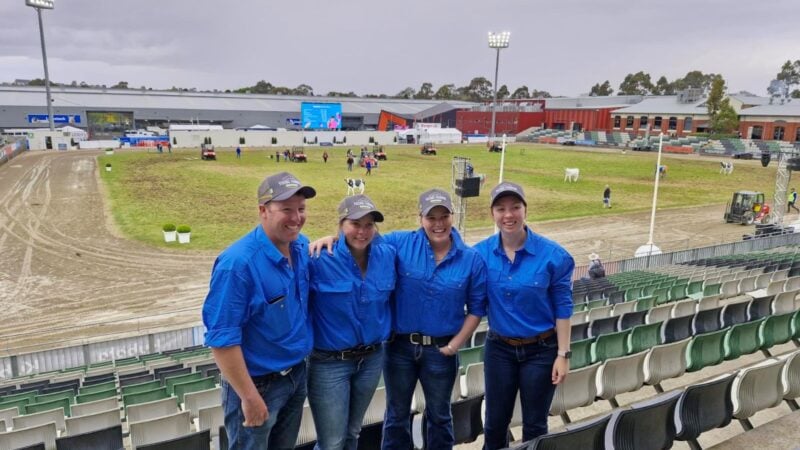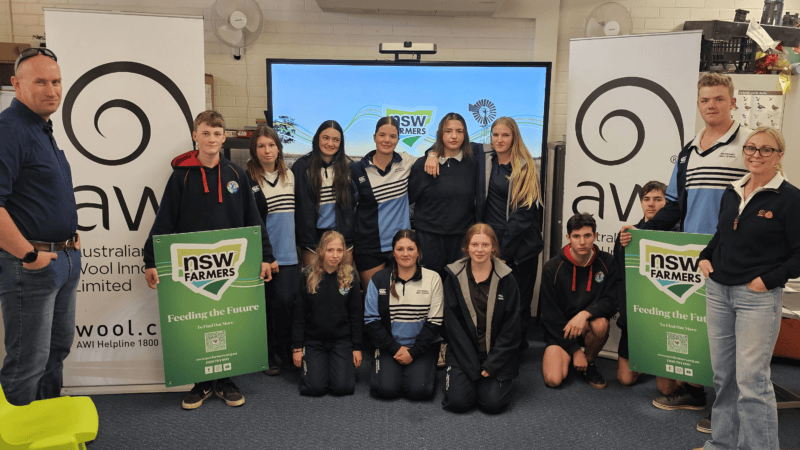Real name and nicknames: My name is Millie but sometimes I�m called Mills. What is…
Meet the Nivisons from Walcha
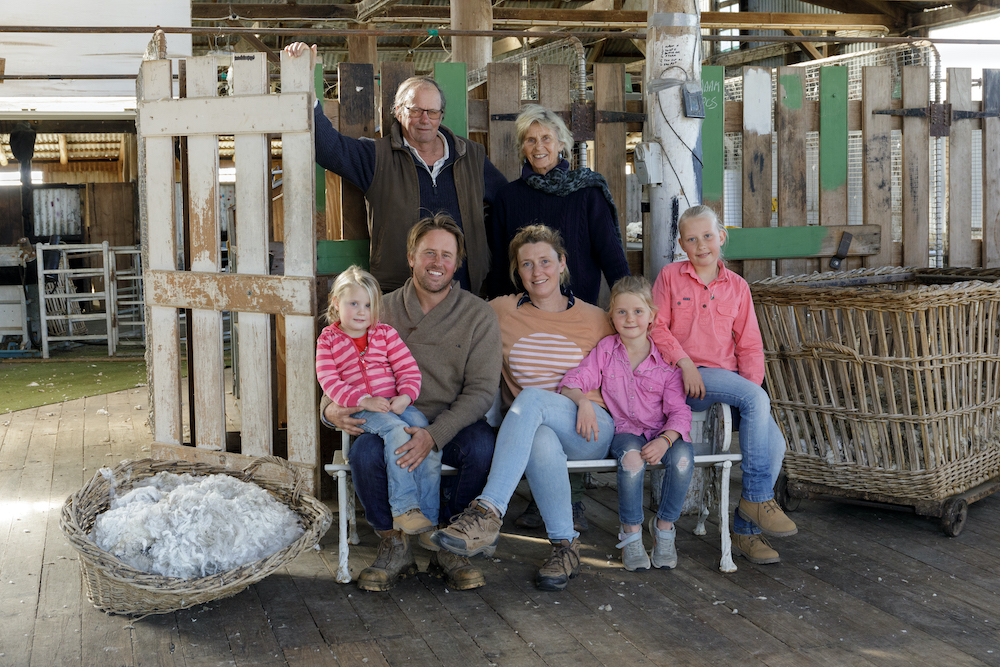
A century ago, very few farmers were interested in research. The Nivisons, however, were different. A.S. �Poss� Nivison knew that research was essential to help farmers handle problems that may arise in the future.
To that end, the innovative wool grower supported the establishment of a university college in Armidale, offered his property to study groups and created good links with the CSIRO. Poss was also the first in Australia to use a plane to drop superphosphate on his land and his experiments with fertilisers, drenches and parasite control, combined with his interest in improving sheep and pastures saw him respected as an innovator.
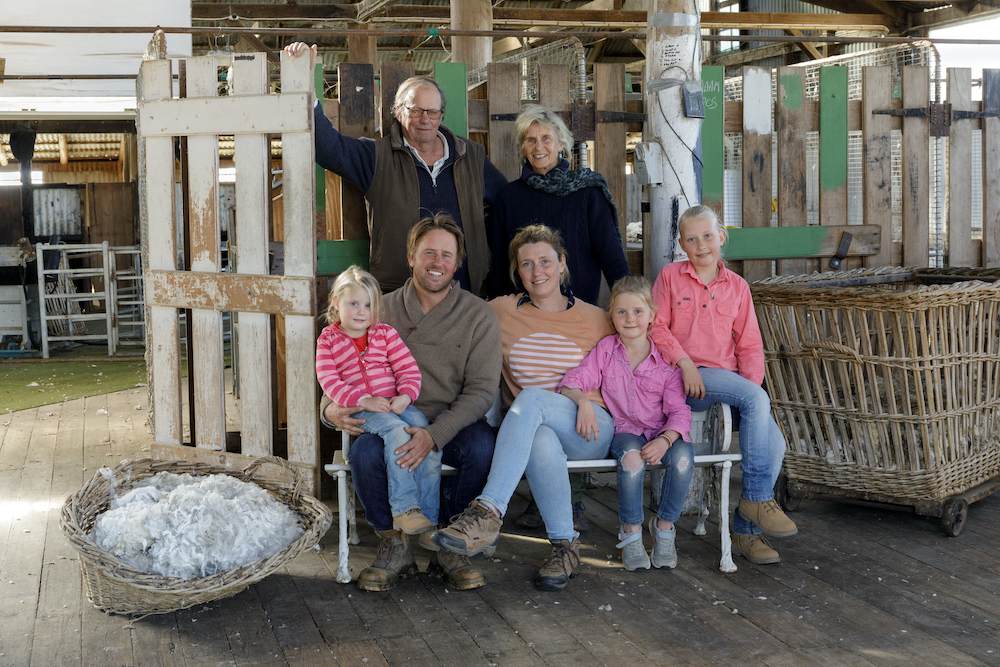
Clearly that trait was passed down to the next generations.
Poss�s nephew Jock was part of a small group who brought the first Scanogram machine to properly measure carcass traits to Australia.
Long experience with Carcass Competitions � where an animal was observed on the hoof and then the hook � had taught him you couldn�t just rely on the human eye to judge the merits of a beast, as his son Grant observes today.
�If you could line up the champion live animal with the champion carcass, you
were a very astute judge. Or just lucky!� Grant says.
Not surprisingly, Grant (aged 73) has also focussed on research to improve his business. �Performance recording was my big thing when I took over,� he says.
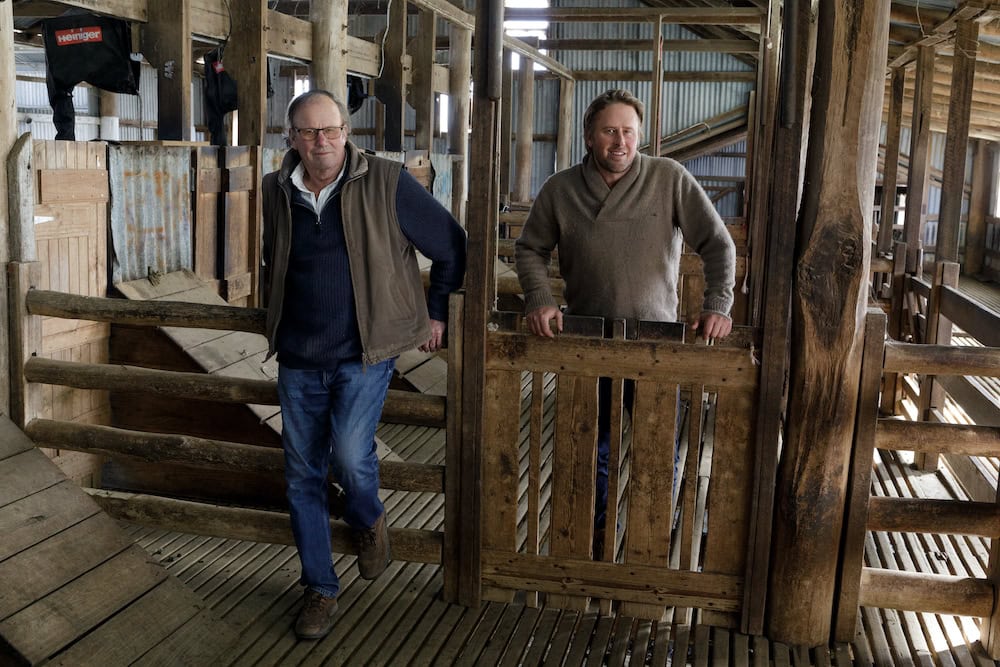
Grant would watch farmers buying rams at shows, convinced that a champion rosette with no figures or measurements was a poor measure of the animal.
�You were just going on phenotype,� he says. �Some years you might pick one that improved your flock but other years they might take it backwards.�
In the late 1970s, Grant started testing and recording wool microns, fleece weight, body weight, resistance to parasites and one progeny against another � a painstaking system which heralded the Estimated Breeding Values (EBVs) of today.
�If you�re measuring through genetic improvement, you can measure what is happening to your flock or herd. We soon found which animals were superior, whereas before we�d been in the dark.�
Grant Nivison.
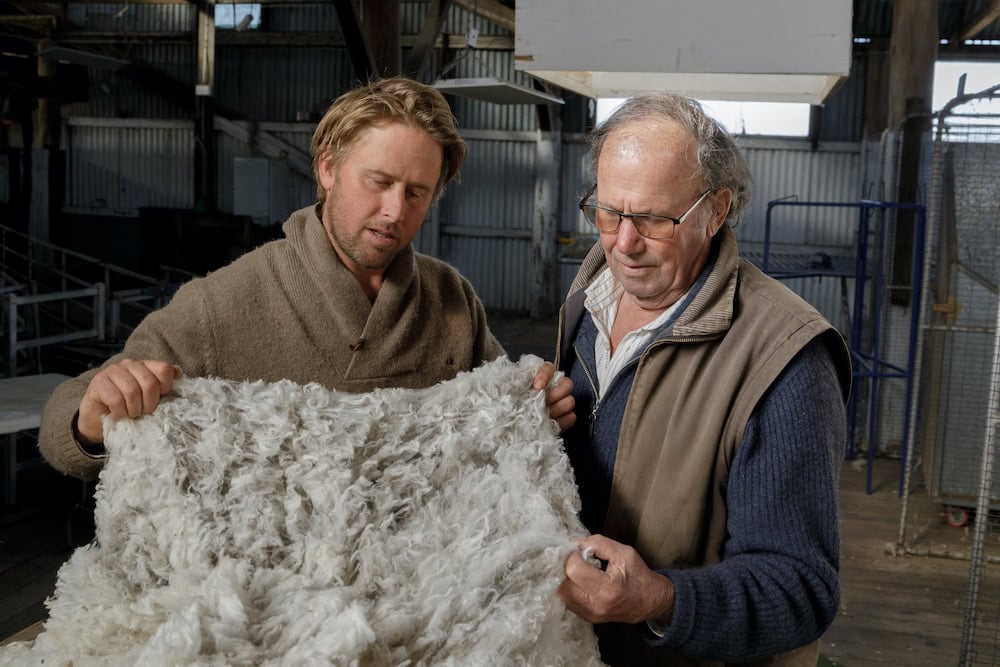
�Also, we benchmarked with other farms and it gave you confidence in what you were doing and helped you work out where you could improve your business.�
His research led to Grant becoming involved with the Department of Agriculture, University of New England and later with the CSIRO in the evolving progress of
Merino genetics.
Although Grant is modest about his achievements, it must�ve been a huge workload, especially in the 1970s when there was no technology or software to assist him and endless opportunities for data or animals to get confused.
These were the days before radio tags � another innovation Grant adopted early in the late 1980s because he was weary of human error messing up data.
A farmhand with dyslexia or someone reading a tag or making a recording incorrectly could all prove to be frustrating. However, it all helped to lead to the best advance he�s seen in his lifetime. �Every animal is more productive now,� he says.
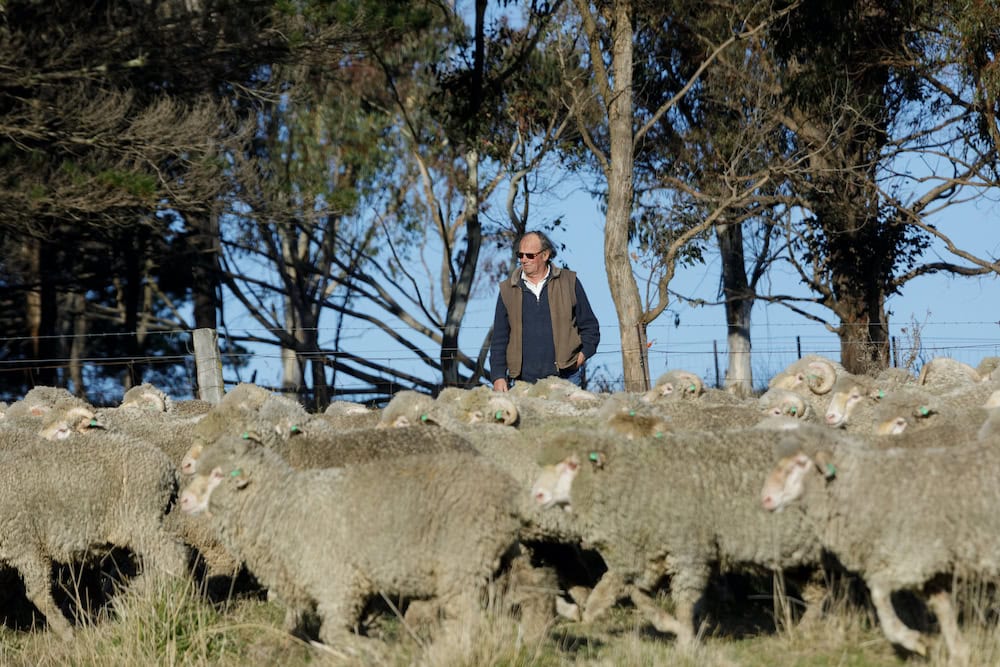
Yalgoo sheep cut more wool and that wool is exceptionally fine, snapped up by the picky Italian markets. Steers, meanwhile, yield more meat or get to market weight faster � or both.
Yet Grant says his greatest pride is his four children with wife, Joanna. Katrina works as a lawyer for UNE, Rebecca works in sheep genetics there, Lisa is a vet, and his son Jock runs the farm.
He�s also proud that his family still farms the area which has had Nivison owners since 1840 and seen the family survive bank crashes, two World Wars, the Spanish Flu, the Great Depression and numerous droughts.
�You look around and there aren�t many places that are still under the one ownership after all this time,� Grant observes �Hopefully we will continue to be the exception.�
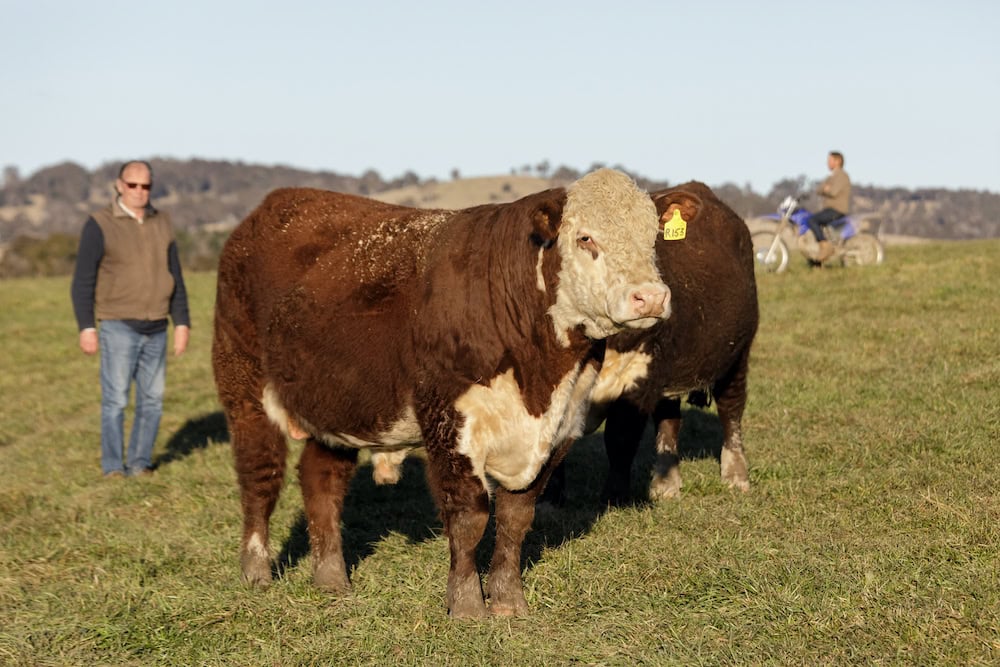
The next generation
At first, Jock Nivison wasn not sure he really wanted to return to the family farm.
�It was an organic pull in the end,� he says. �We�re not the same as a First Nations family but seven generations have created a close connection with this community and this land.�
All the same, when he did decide his future lay in farming, Jock and dad Grant decided he should start by spending the first 10 years developing a sheep stud partnership in Tasmania.
It prevented them butting heads, explains Jock. �We had a good client down there who was buying rams and a good semen clientele as well. There wasn�t a lot of objective measurement in Tassie when we started so we held field days, brought over geneticists, and tried to establish a good understanding of EBVs.�
It was a great learning experience and confidence builder, he says � not least because it also taught him the art of communication.
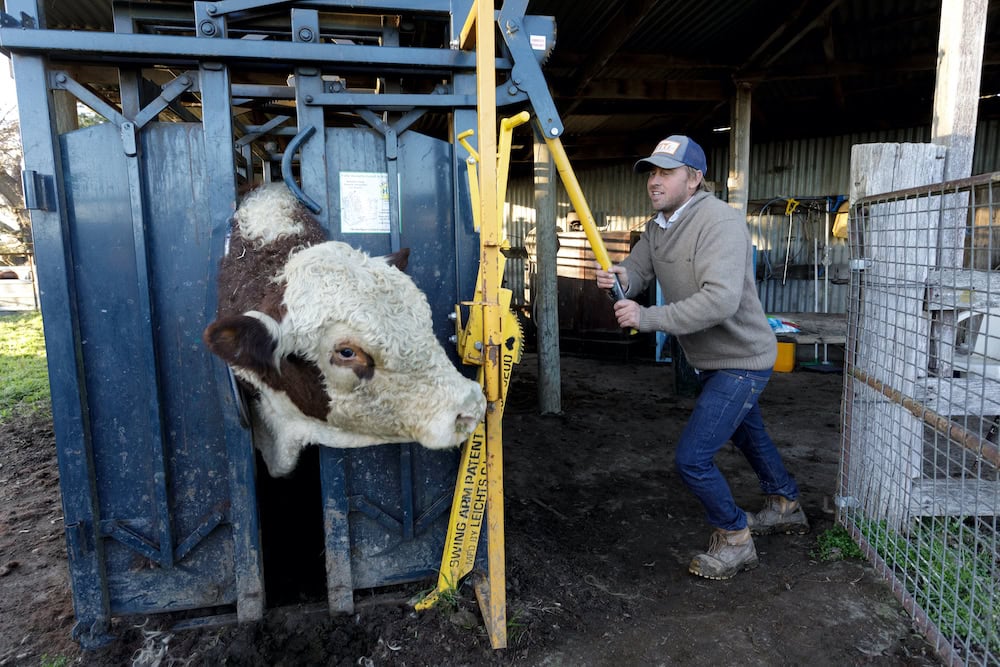
�We employed agricultural consultant Dr Phil Holmes and he�s that rare bird � very evidence-based but also good at delivering a message. Our product is built around empirical evidence, proof and data, but if there wasn�t a good understanding of what we did, we couldn�t persuade people to invest in what we were doing.
�The industry has become very competitive and whether you�re producing beef, lamb or wool, there are key profit drivers you have to nail. We keep the message clear, simple and concise: these are the things that make you money.�
Jock Nivison.
Back in Walcha, Jock�s parents eased him and wife Olivia into the financial and managerial side of Yalgoo before Jock felt he was ready to follow not only his dad�s, but also his entrepreneurial grandfather�s impressive footsteps.
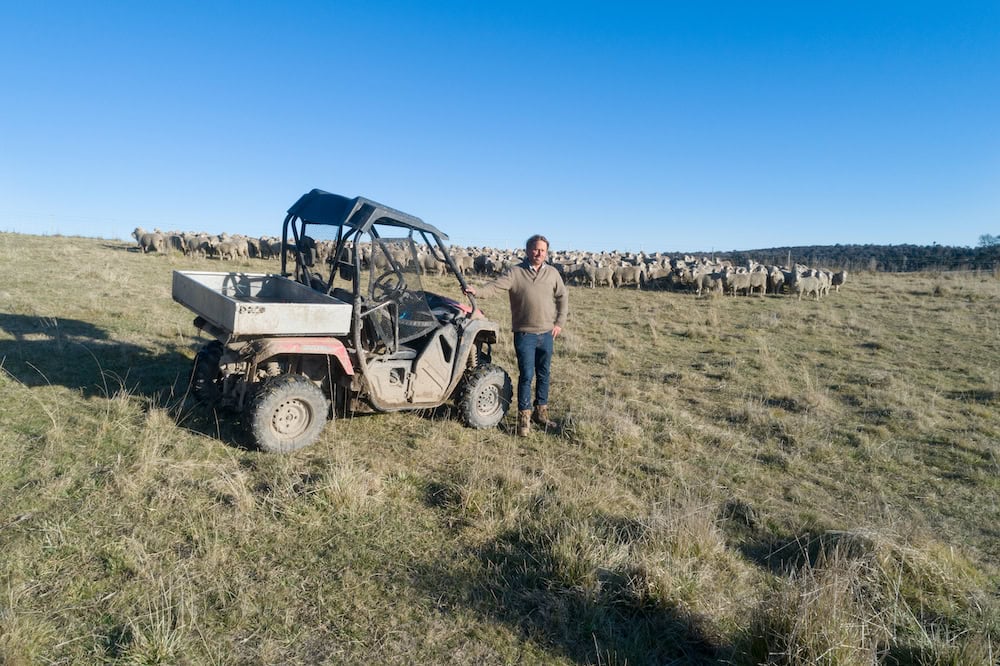
Jock senior died 10 years ago. �In many ways, I think he had a higher threshold for risk than Dad and I,� says Jock. �He served in the war (Borneo and New Guinea from 1942-1945) and I reckon that makes you inclined to have a crack at anything because nothing�s as bad as getting shot at!
�My grandfather exported cattle to South Korea, was feedlotting cattle before that became a thing and had butcher�s shops and flew beef up and down the coast.�
Fortunately, Jock has never been cannon fodder, so what drives him? �No doubt the best thing is seeing our clients� businesses grow and having someone you really respect say: �You helped us get where we are�.
�Providing people with good breeding stock and better systems affects their income and it�s the pinnacle for me, seeing clients do well.�
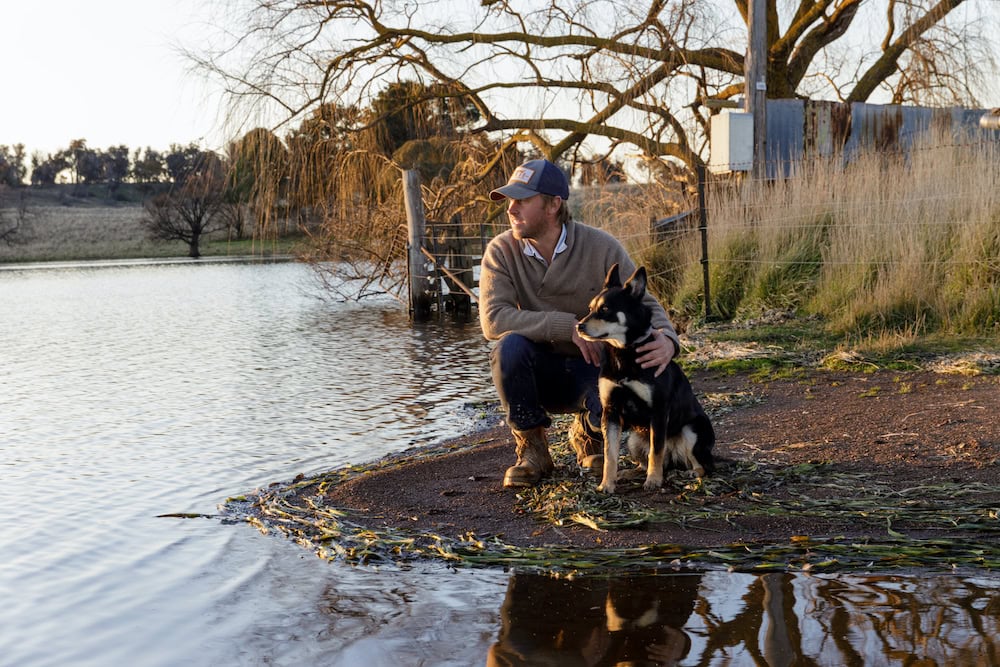
That genuine concern for customers extends to keeping their costs as low as possible.
�I�m proud we put our clients� margins before ours,� Jock says. �We have a unique bull depreciation model that is incorporated into our contract bull sales. We have a good data set on how long bulls are lasting and then an algorithm to work out how much it costs per calf per kilo of beef produced. That�s enabled us to work out how to price our bulls more fairly to produce a healthy margin for our clients.�
This investment in client relations even sees Jock being generous with his intellectual property. �We�re happy to do our own research to validate data � that�s the stuff that excites me and we�re free with any information we get. We try to get it to industry as soon as possible.�
A typical example is the breeding index for Merinos which the Nivisons developed in 2012. �Back then there were 80 measurements or traits you could put in an index and none were contributing to income,� Jock explains. �We brought it back to four or five traits that were highly heritable and had a big sell on profitability.
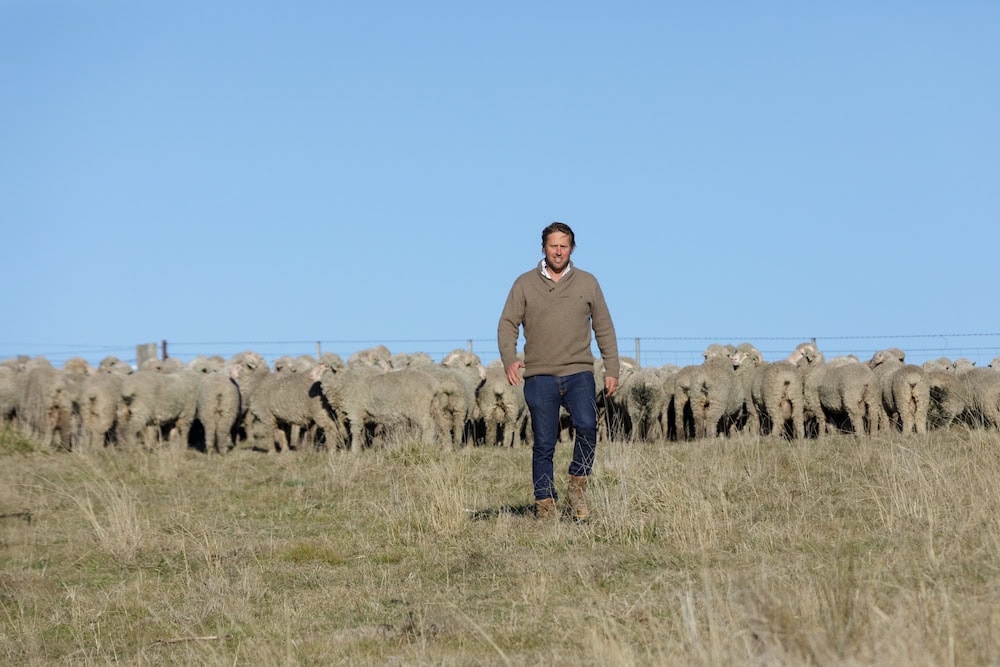
�Our fleece value index, for instance, is primarily the two things that control price on wool � micron and amount of wool cut. We�ve had it validated against hard economic data then freely distributed it to industry to help others push their flocks along as well.�
As well as the genetics side of the business, Jock runs between 17,000 and 20,000 sheep, predominately Merinos with some fat lambs as well.
�We bought another farm at the end of the drought which has become a lamb block,� he says. �We were a bit nervous about the Chinese relationship and heavy dependence wool sales, so we wanted to diversify.�
Also running on Yalgoo�s 4,050 acres is a stud of around 300 Hereford and 100 Angus cattle with plans to breed up to around 300 of each.
Jock has been cross breeding the Hereford and Angus to produce Black Baldys � another decision backed by science with Black Baldys providing good growth, immune response, longevity, fertility and milking ability.
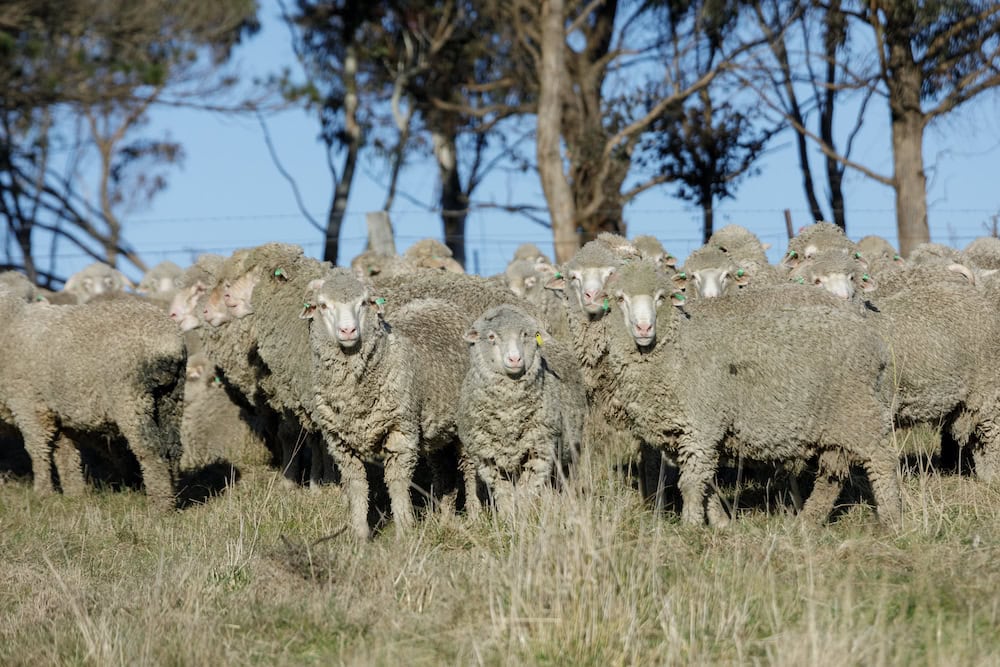
�We�re currently working on a custom Black Baldy index with commercial clients, our consultant and geneticists,� he adds.
As the seedstock side of the business has grown Jock has handed over a lot of the day-to-day management to his manager Brett Morris who�s been with the business for
35 years.
Meanwhile, he�ll continue exploring new agricultural frontiers as his predecessors did before him. His current focus is a heavy investment in genomics which will add even greater accuracy to Yalgoo�s decision-making.
Hopefully, it will add to even more industry recognition which so far includes 2016 Finalist for NSW Farmer of the Year, 2017 Australian Sheep Farmer of the Year, 2018 nominee for Agricultural Innovation Award and 2019 Hargraves Institute Innovation Award.
Jock has three daughters � Frankie, 10, Eliza, 7 and Edie, 3. With a mum who is a naturopath who shares her husband�s curiosity in health, fertility and growth, will they too inherit the family�s inquiring mindset?
�I ask them every other day if they�re going to take over,� Jock laughs. �They want to keep living here but they�re not sure if they want to be farmers.�
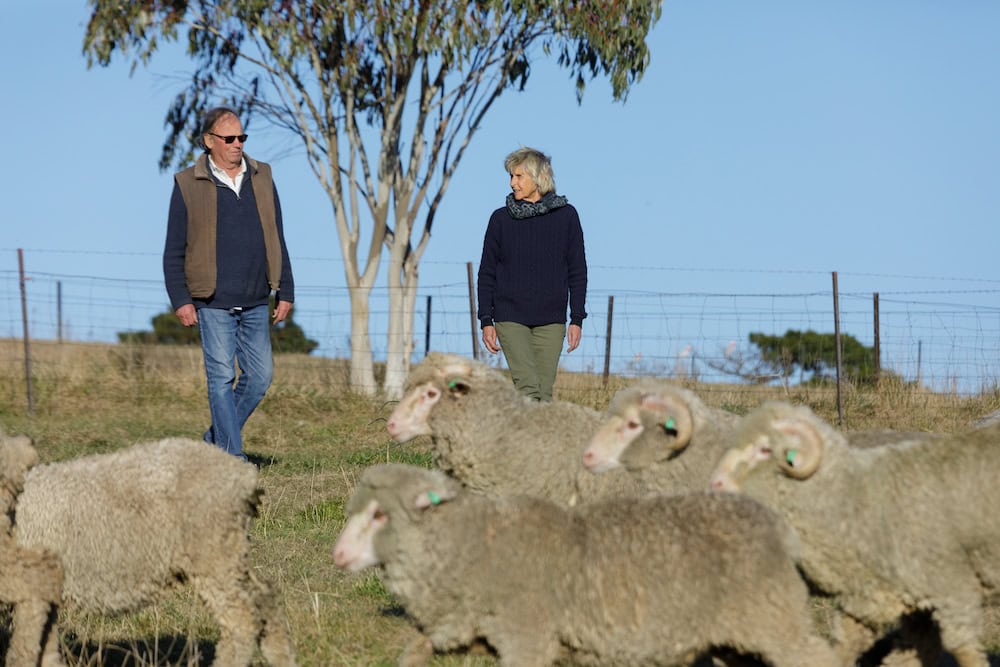
More information can be found in An Australian Clan, The Nivisons of New England by Jullian Oppenheimer and Bruce Mitchell.
If you enjoyed this feature on the Nivisons, you might like our new gen story on the husband and wife duo behind the Packsaddle Roadhouse.


